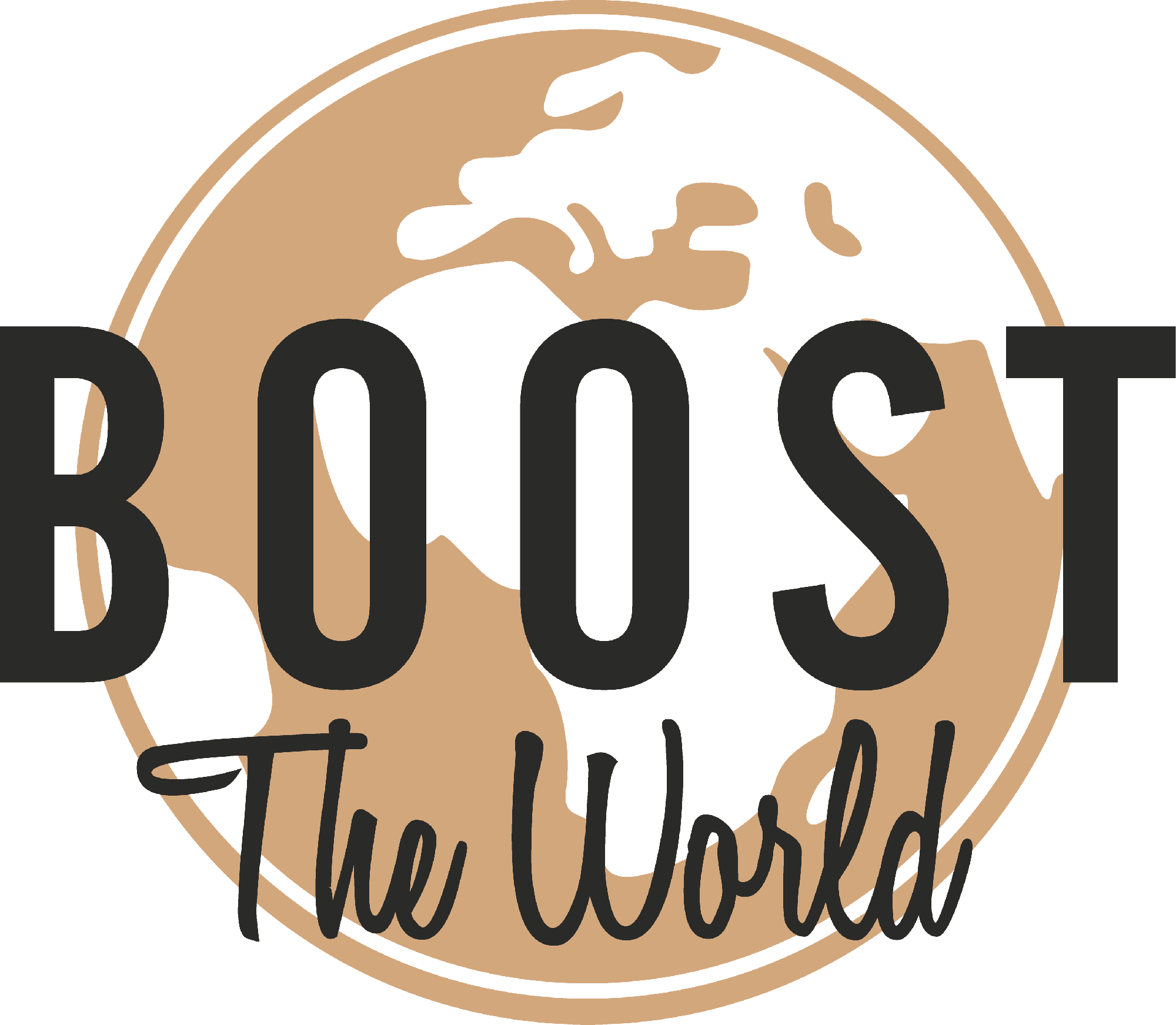
The concept of Machiavellianism was derived from Niccolò Machiavelli’s writings by the social psychologists Richard Christie and Florence Geis (57). In their conception, individuals displaying Machiavellian tendencies are characterized by instrumental and strategic interpersonal behavior alongside low orientation towards moral standards. In the Five Factor Model framework, Machiavellianism is—like narcissism and psychopathy—primarily characterized by interpersonal antagonism (58). One bolsters the ego of the narcissist and one unknowingly encourages the addiction. The narcissistic enabler minimizes all signs of addiction and fosters feelings of superiority over others. The addiction enabler is likewise blind to symptoms of addiction, therefore, justifying financially supporting it.

Is the Addict in Your Life Also a Narcissist?
- Future research on narcissism and addiction could integrate these findings to elucidate more fine-grained predictors of problematic or addictive substance use in narcissism.
- If they do seek treatment, it’s more likely to be for symptoms of depression, drug or alcohol misuse, or another mental health problem.
- It needs to be noted, though, that the effects are heterogeneous for the three traits, and particularly narcissism, is also related to reports of subjective well-being.
- The behavior of a narcissist can be dangerous and damaging in a relationship because they generally lack empathy and have an unending need for admiration, says psychologist Danielle Forshee, PsyD.
- And this fact has been acknowledged and verified through several pieces of research over the past decade.
“What so often happens with people in relationships with narcissists is that they become a corpse of themselves, as they become laser-focused on constantly pleasing their partner,” says Dr. Hoffman. Someone with narcissistic traits may not have bad intentions, particularly if their narcissism developed in response to an uncaring childhood environment or growing up with a narcissistic parent. Commonly, a narcissistic person is a product of a narcissistic parent. “If a child is raised by a narcissist, then they’re being repeatedly failed empathetically by their parent and hurt over and over,” says Scigliano.
- “Your whole relationship can become centered around pleasing this person, as opposed to addressing your needs and the needs of the relationship itself,” says Dr. Forshee.
- It’s also possible to have narcissistic qualities but not a diagnosed disorder.
- Below, therapists share exactly how to identify a narcissist, as well as the nine core types of narcissists and the kind whose behavior is most dangerous.
- It’s developmentally normal for kids and teens to have a “world revolves around me” centeredness.
- Sometimes, a person’s loved ones notice their behaviors before they do.
- Like other people with NPD, someone with covert narcissism has an inflated sense of self-importance and craves admiration from others.
Can Narcissists Develop Emotional Empathy?

They may respond with accusations of their own and redirect blame, saying things that are intended to hurt and belittle you. You might attempt to confront the abusive person (fight) or escape the situation (flight). If these methods don’t work or you feel unable to use them, you might respond by freezing or fawning. “Hoovering,” as it’s often called, tends to work better when you lack support.
Narcissism & Substance Abuse
Recognizing these commonalities can help you understand and cope with people who have Narcissistic Personality Disorder, untreated alcoholism, or both. There are two types of narcissism that narcissistic behavior can fall under. The two types can have common traits but come from different childhood experiences.
Addiction and the Dark Triad of Personality

“To the extent that you can’t depend on narcissism and alcoholism people, you’ll depend on other sources to soothe yourself, like feeling special (narcissism) or watching pornography or getting drunk. But addiction makes us all more narcissistic—willing to lie, steal, cheat, and even exploit others to get our high.” People with vulnerable narcissism tend to show avoidant, defensive, or hypersensitive behaviors, and they often experience feelings of rage at a perceived lack of esteem or respect. People with grandiose narcissism tend to have very high self-esteem, behave in a dominant way, and overestimate their own capabilities.



